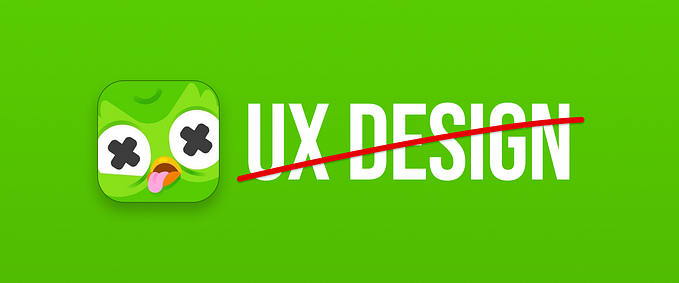The diminishing returns on UX bootcamps

Something I often get asked is my opinion on UX bootcamps and if it is worth it to go through one. My general answer is “it depends on what you are looking for”.
Here are my thoughts explained in the form of a story, followed by some points highlighting what I think is great about bootcamps and what I think are some common misconceptions.
10 years ago UX was much less popular.
Few people had the foresight to go into 4-year degrees into fields like HCI, so as the industry expanded, a flood of opportunistic visual designers, programmers, etc. all rushed into the field. Many of them had a great opportunities to work with the “professionals” in the field to learn on the job.
The barrier to entry is comparably low as anyone who could mock up some wireframes and had the potential to learn more could snag a decent job.
Due to the sudden spike in demand for these jobs, bootcamps rose up to plug the gap by teaching basic UX skills that allowed people from all sorts of backgrounds to pivot into all these new jobs hitting the market.
Almost everyone in the first few cohorts of these camps were successful in landing a great job as they were competing with others with zero formal UX training.
In the past few years, tech is booming.
Everyone wants a slice of that pie.
Salaries are great and even better, design is an especially rewarding field. Universities around the world start offering more specialized degrees for UX specific career paths. People from all sorts of industries looking for more purpose or money start eying the bootcamps.
Bootcamps are flush in cash.
They expand quickly, some even hiring less reputable staff and diluting their curriculum to take in more students to make that $$$. They often rely on (what I feel are) disingenuous promises of “a starting salary of 85,000!” or similar in their marketing.
Suddenly there is a flood of “junior talent” to the market. Comprised of bootcamp grads and more recently, degree holders. Obviously a 4-year intensive degree is going to win out vs. A 12-week bootcamp (especially to recruiters). Anyone who pivoted industries who had prior work experience also rise to the top as the better candidates, leaving anyone with less work experience sorely out of luck.
Suddenly there is just SO MUCH competition between bootcamp grads who were promised a fufilling job and great salary, all competing for a small number of entry level positions. Many of which were already filled by interns who were offered a job after their internship through their degree.
And therefore the “value” of a bootcamp in relation to directly landing a job is diminishing in the past few years.
While I have not personally taken a bootcamp, I have friends who have been very successful transitioning careers after an intensive course.
Generally they seem great if:
A.) You want to meet a group of ambitious, driven and diverse individuals and support each other in the goal of learning the basics of UX. Most likely you will end up with new friends and amazing network a few years down the line.
B.) Your learning style requires facilitation and guidance. There is no shame in admitting it’s hard to self-learn. Most people learn more effectively when they are taught effectively.
C.) You already have many transferable soft-skills through years of prior work experience in different industries (such as working with clients and cross-functional teams) and just need to learn the basics of UX.
D.) You have the time and the money will not set you back too far in debt.
E.) Most important: You are prepared to hustle. A bootcamp isn’t a silver bullet that will gift you a $$$ job. You should be aware that the barrier to entry in the UX industry is getting higher each year and recognize that it will take tons of hard work to land your first job.
Some common misconceptions I would like to highlight are:
A.) A bootcamp will NOT set you apart from the crowd. In fact the general “crowd” for entry level UX jobs tend to be bootcamp grads so by only following the formula you learn in school, it might actually be harder to stand out.
B.) A bootcamp will NOT make up for a lack of work experience. In my experience often the ones that successfully land good jobs after a bootcamp are the individuals who pivoted from a different industry. Someone who had worked in a related industry for 5 years will have a MASSIVE advantage over someone who took a bootcamp straight out of a bachelor degree.
C.) A bootcamp will NOT make up for a lack of Hustle. You will be directly pitted against your cohort. Every opportunity that arises you will have to beat out everyone in your class to nab it. Personal projects, networking, finding a mentor.. You still need to run the gauntlet to be competitive
D.) A bootcamp does NOT contain any knowledge you can’t otherwise find for free/low cost on the internet. There are so many free courses, books, and resources available. You can find recorded talks from all the industry experts. There are also many senior designers out there willing to offer advice and mentorship.
And that’s it. My thoughts on bootcamps. While it may seem like I mostly pointed out flaws, I still think that such programs are very useful as long as people are aware of these points going in.
If you think I got anything wrong feel free to let me know in the comments!







